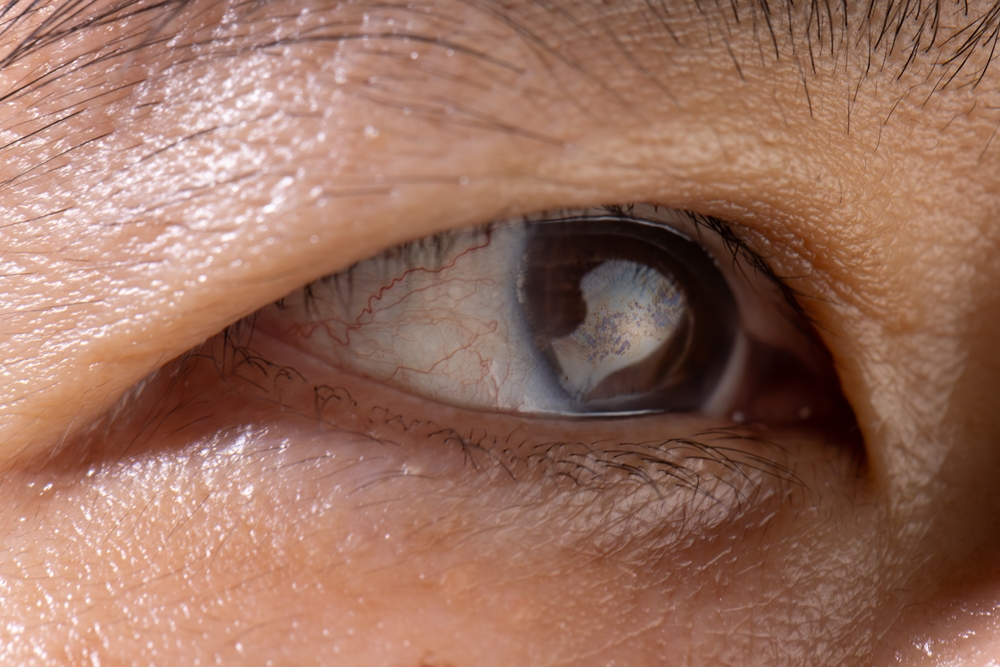
Cataracts are one of the most common age-related vision conditions, affecting millions of people worldwide. As the natural lens of the eye becomes cloudy over time, vision can become blurry, colors may appear faded, and night driving can become challenging. While cataracts are a natural part of aging, regular eye exams play a crucial role in early detection, prevention, and management.
Understanding Cataracts
Cataracts develop when proteins in the eye’s lens break down and clump together, creating cloudy areas that obstruct light from passing through properly. This process can be accelerated by factors such as:
Aging – The primary risk factor for cataracts, typically affecting individuals over 60.
UV Exposure – Prolonged exposure to ultraviolet light can increase cataract development.
Medical Conditions – Diabetes and other health issues can raise the risk of cataracts.
Smoking & Alcohol Consumption – Both have been linked to an increased risk of cataracts.
Medications – Long-term use of corticosteroids may contribute to cataract formation.
Annual comprehensive eye exams allow optometrists to monitor changes in the eyes and recommend preventive strategies to slow the progression of cataracts.
Early Detection & Monitoring
Many individuals do not notice cataract symptoms in the early stages because the changes in vision develop gradually. Without regular eye exams, small cataracts can go undetected until they begin to interfere with daily activities, such as reading, driving, or recognizing faces. Since cataracts progress slowly, many people may not realize their vision is deteriorating until significant impairment occurs.
Annual eye exams allow optometrists to detect and monitor cataracts before they significantly affect vision. During these exams, doctors can identify subtle changes in the lens, track the progression of cataracts over time, and recommend lifestyle modifications that may help slow their development.
Additionally, comprehensive eye exams can help determine whether other underlying eye conditions, such as glaucoma or macular degeneration, are contributing to vision changes. By catching cataracts early, patients have the opportunity to make informed decisions about their eye health, explore treatment options, and potentially delay the need for surgery. Prioritizing routine eye care is an essential step in preserving long-term vision and overall eye health.
Customized Prevention Plans
Although cataracts cannot always be avoided, adopting preventive measures can help slow their progression. Eye care professionals can create customized prevention plans tailored to each patient’s lifestyle and risk factors. These plans may include:
Wearing Sunglasses with 100% UV Protection – Shielding the eyes from harmful UV rays can reduce damage to the lens.
Eating an Antioxidant-Rich Diet – Consuming foods high in vitamins C and E, lutein, and zeaxanthin (such as leafy greens, citrus fruits, and nuts) can help protect the eyes from oxidative stress.
Managing Chronic Health Conditions – Keeping diabetes and high blood pressure under control can lower the risk of cataracts and other vision problems.
Implementing these strategies, combined with routine eye exams, can help patients maintain clearer vision and overall eye health.
Schedule Your Eye Exam Today
Cataracts may be a natural part of aging, but proactive eye care can help delay their onset and maintain clearer vision for longer. Regular eye exams provide an opportunity for early detection, personalized preventive care, and adjustments to protect your vision.
At Pointe Vision Care, we are dedicated to helping you protect your vision and prevent cataracts from impacting your daily life. Contact our office in Grosse Pointe Woods, Michigan, by calling (313) 546-0600 to schedule your comprehensive eye exam today.








